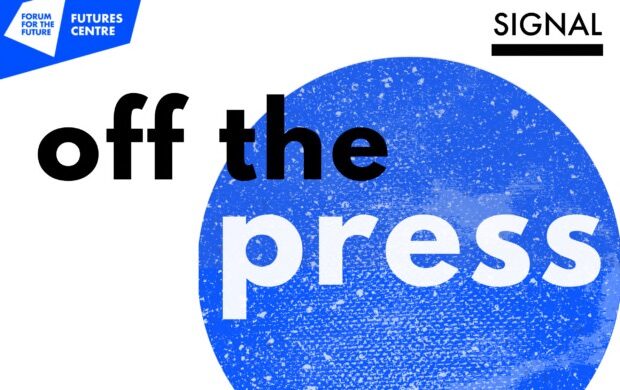Facebook has reported progress in its plan to expand access to the internet in previously unserved areas. The CEO, Mark Zuckerberg, said the company is conducting test flights of unmanned planes designed to beam access to the internet down to the ground. Zuckerberg wrote on his blog that the first test flight in the UK had been a success.

The final design of these planes will be powered by solar panels, have a wingspan greater than a Boeing 737 but weigh less than a car, and will fly for months at a time at an altitude of 60,000 feet. The planes are part of internet.org, an initiative to expand internet access to the two thirds of the world that currently has none.
Google is also trying to expand internet access through what it calls Project Loon, which would use a network helium balloons floating in the stratosphere to beam internet access down to the ground.
Signal spotted by James Goodman
Image: Carl Jones / Flickr














